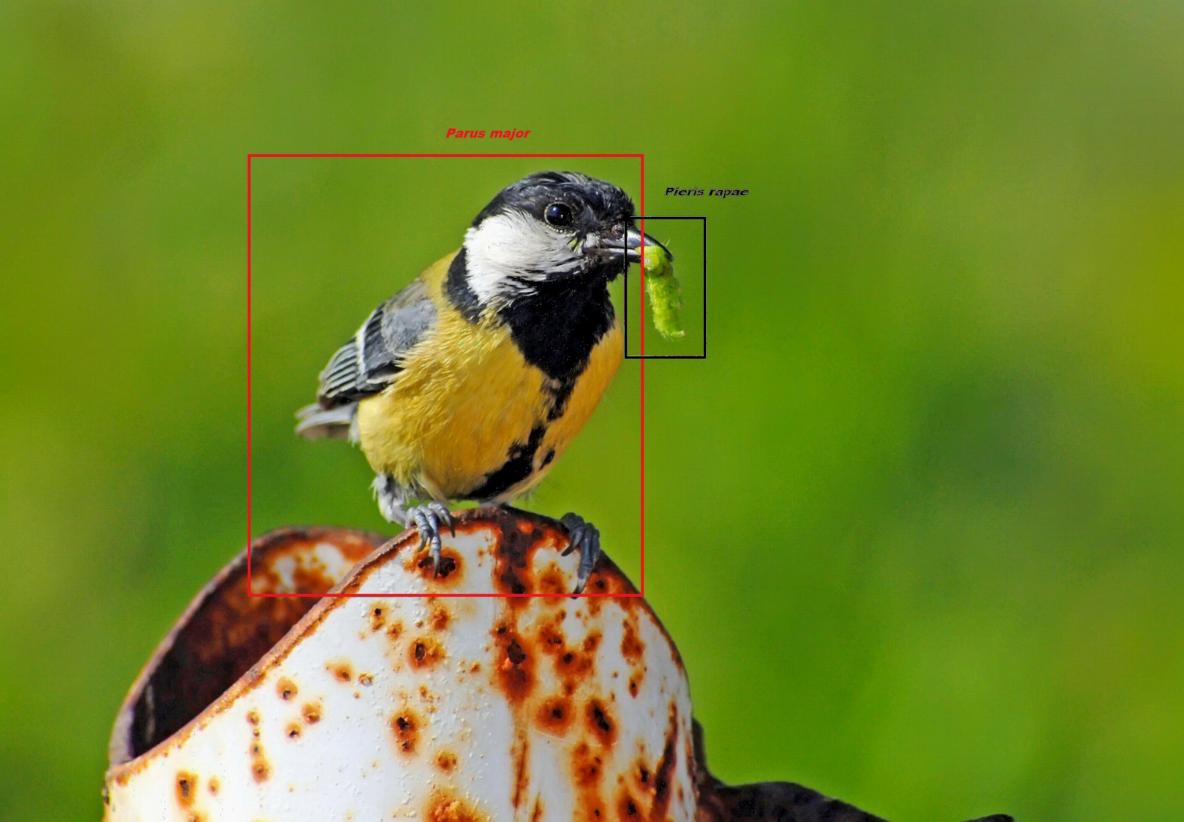Artificial Intelligencefor species recognition
Thanks to our investment in and adoption of AI for nature since 2017, Naturalis Biodiversity Center has an established AI algorithm development process for building, evaluating and deploying biodiversity recognition models. We have acquired our own IT infrastructure, as well as the experience and expertise to develop AI algorithms for nature identifications in-house. We also collaborate with external partners on diverse aspects. Naturalis has developed solid expertise in AI image recognition for species identification. We currently offer two service products:
Species IDfor field observations
Our Nature Identification API is an established service that continues to support organisations with a large number of end users such as citizen scientists and professionals working with nature. Our 2023 multi-source model for image recognition includes about 40,000 European taxa and is serving six biodiversity portals in Europe. Together with projects like ARISE, we are also rapidly working on AI sound recognition for species ID.
ObsIdentify, the app from Observation International that connects to our API, has over 1 million downloads worldwide. Try it out for yourself!


AI analysisfor insect cameras
Biomonitoring and (insect) species identification using camera traps: The Diopsis camera is an automated system for photographing, monitoring and documenting local insects. Currently we are providing the AI insect species identification and reporting service to several provinces, municipalities as well as construction companies in the Netherlands using the Diopsis cameras for insect biomonitoring purposes.


Project: the use of AIfor natural history collections
We are developing AI models for different types of collection. We also investigate for which types of collections AI can and cannot be used, and what is needed to develop a reliable AI for this purpose. Museums, both in the Netherlands and abroad, that lack the expertise to identify species by themselves, might benefit, too. Machine learning may be able to help them identify the objects in their collection. We develop models for recognizing butterflies, bird eggs, cone snails, masks from different cultures and the eggs of rays and sharks.
Find out more!


Developments& Projects
Originally started with a few self-funded collaborative initiatives, Naturalis has progressed by leaps and bounds in a few years. With several EU Horizon Europe projects kicking off in 2022-2023, intertwined with the ongoing ARISE programme, the momentum is increasing. Naturalis is moving on to the European scale and beyond with the ambition of developing AI algorithms and applying the technology in diverse fields of nature and culture, in projects such as these:
- MAMBO
- GUARDEN
- TETTRIs
- Bioacoustic AI


Our variouspartners and users
The Naturalis AI specialists work together with a large number of institutes and organisations. These include:
- Observation.org
- Norwegian Biodiversity Information Centre (NBIC)
- SLU Artdatabanken (SLU)
- Arter.dk (Danish Ministry of Environment)
- UK Centre for Ecology & Hydrology (CEH)
- Senckenberg
- Leibniz Institute for the Analysis of Biodiversity Change
- Luomos, the Finnish Museum of Natural History
- Xeno-Canto
Providing AI services to these (inter)national biodiversity portals offers a gateway for the broader citizen scientists to participate in discovering and understanding the biodiversity around us. At the same time, it contributes to a vast amount of quality biodiversity data that we otherwise would not have been able to collect.
We are open for collaboration with more organisations on AI for nature, and make our services available to an increasing number of users. Please contact us to discuss opportunities.
